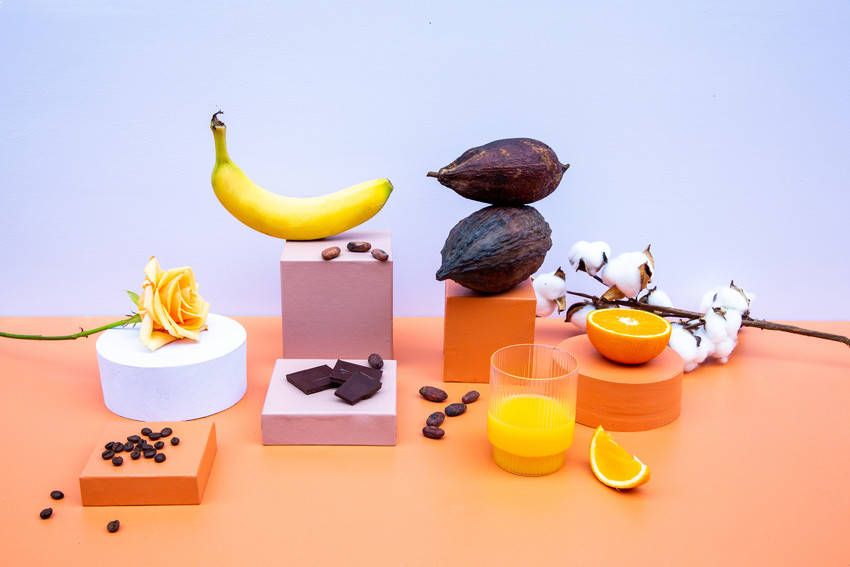Fairtrade and B Lab Launch ‘Key’ SDG Partnership

Fairtrade, the world’s most recognized label for social justice and sustainability, and B Lab, a global network of organizations dedicated to transforming the economic system through innovations like the B Corp certification, are set to announce a new partnership aimed at advancing the United Nations Sustainable Development Goals (SDGs) through responsible business practices, sustainable supply chains, and global corporate transparency, the two organizations confirmed today.
The partnership commits B Lab and Fairtrade to knowledge-sharing and collaborative efforts in the development of standards, advocacy, public campaigns and mobilization, as well as the joint creation of special programs and projects in pursuit of the SDGs as the world races towards the 2030 deadline, also known as Agenda 2030.
“Fairtrade has been leading social and trade justice for almost 30 years,” said Dr. Nyagoy Nyong’o, Global CEO of Fairtrade International. “We are excited that through this key partnership with B Lab we can combine our efforts to bring more businesses into the conversation and to work collaboratively to address the most pressing challenges we face as a society around climate, trade, and human rights.”
Business as a force for good
According to the United Nations, partnerships are a critical tool for attaining a greener, cleaner and more sustainable future for all. In addition, they are vital to redesigning the global economy in a sustainable and inclusive manner.
In this respect, the B Lab and Fairtrade partnership will actively pursue methods of collaboration that validate and promote the work of the organizations’ partners and stakeholders as a means of implementation for the achievement of the SDGs.
“This is a long-awaited partnership for B Lab as well as the B Corp movement,” said Andrew Kassoy, cofounder and CEO of B Lab. “When my cofounders and I first had aspirations to design the B Corp certification over 15 years ago, Fairtrade International’s certification served as both inspiration and proof that businesses could be a force for good.”
“It’s only fitting that our organizations join forces now at a time when sustainability standards for businesses are no longer recognized as just a nice to have, but as a critical tool in transforming the global economy to benefit all people, communities, and the planet,” Kassoy added.
B Lab’s social and environmental business standards define how businesses can be a force for good. Based on stakeholder input, research, and established best practices, these standards are the basis for B Corp Certification requirements as well as B Lab’s impact management tools. For its part, Fairtrade Standards are designed to support the sustainable development of small producer organizations and agricultural workers in developing countries. The Fairtrade Standards incorporate a holistic blend of social, economic and environmental criteria. By choosing both B Corp and Fairtrade certifications, businesses demonstrate their sustainability and social impact commitments to and through their entire supply chain.
The new B Lab and Fairtrade partnership will kick off with an exploration of potential collaboration around standards development and creating touchpoints for relationship building between both organizations’ respective networks.
“As both a Certified B Corporation and a company that sources Fairtrade-certified ingredients, we know firsthand the impact that these standards have in ensuring small-scale farmers, as well as all of a company’s stakeholders — workers, customers, communities, and the environment — are getting their fair share,” said Cheryl Pinto, Global Values Led Sourcing Manager at Ben & Jerry’s.
“This partnership will grow momentum in supporting companies with the foundation, tools, guidance, and community support to be more sustainable and socially impactful businesses.”